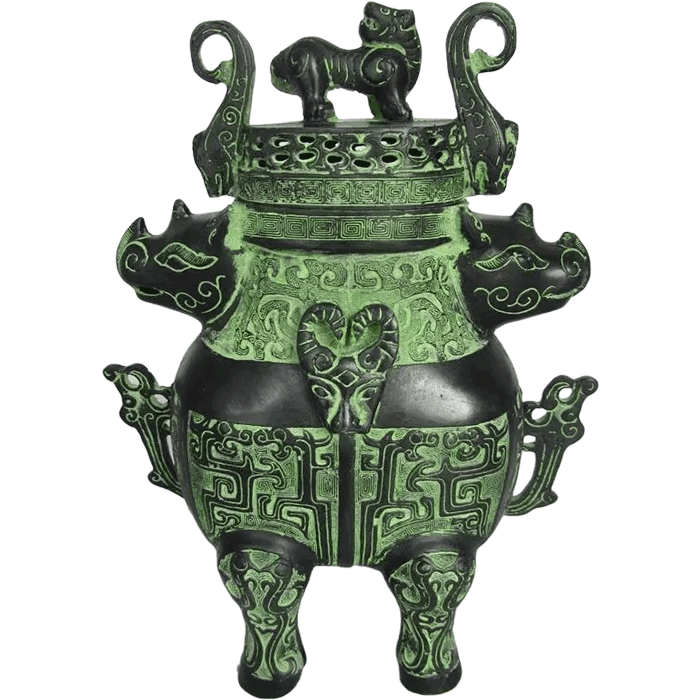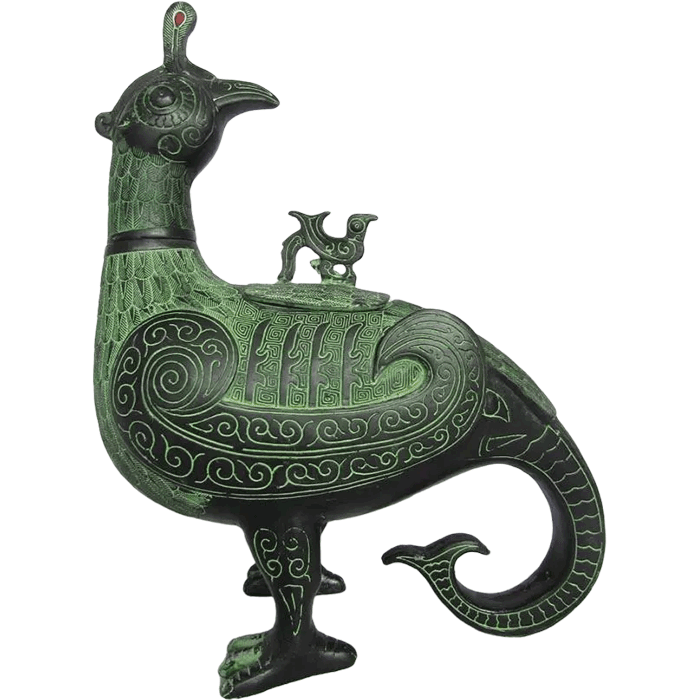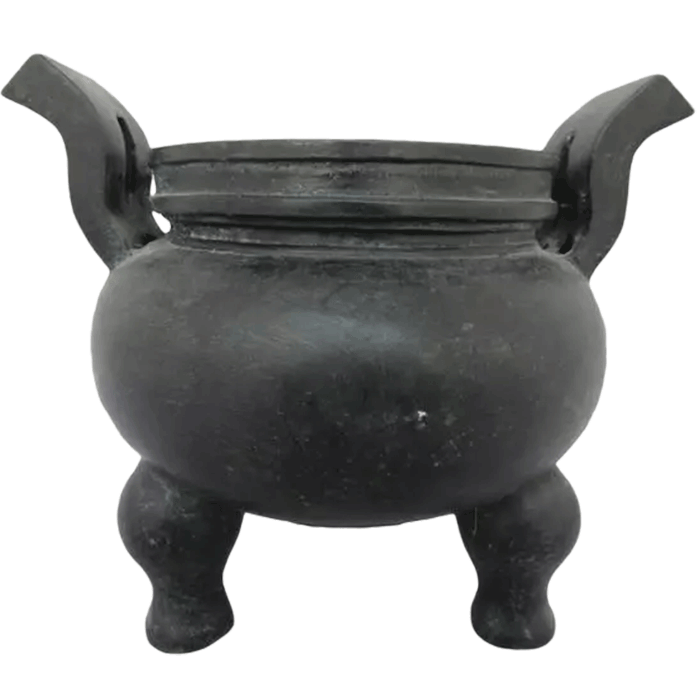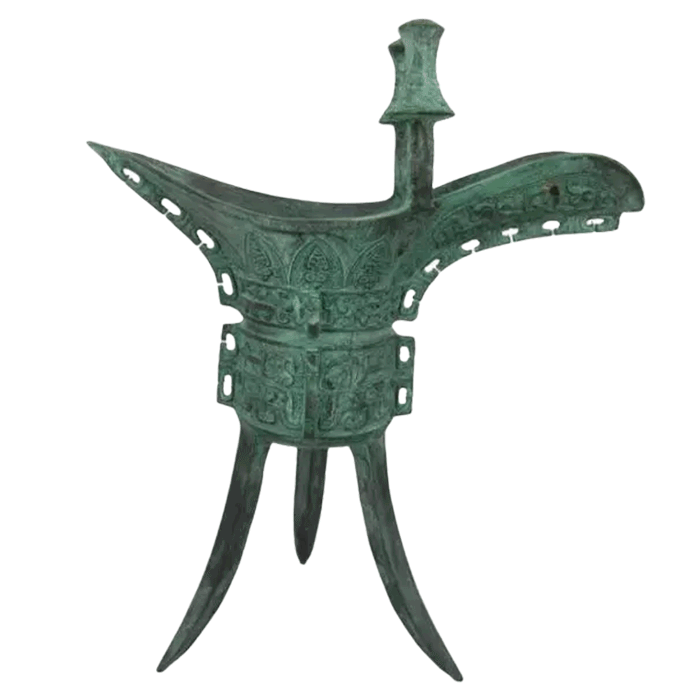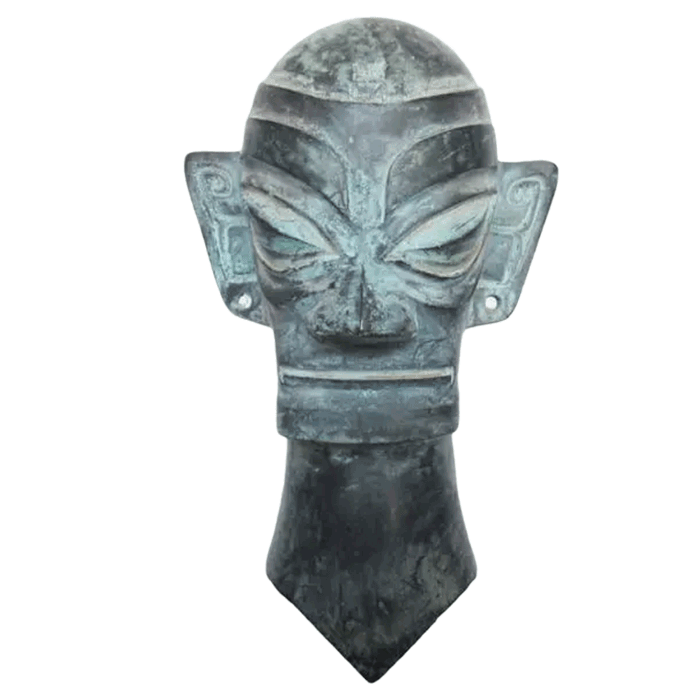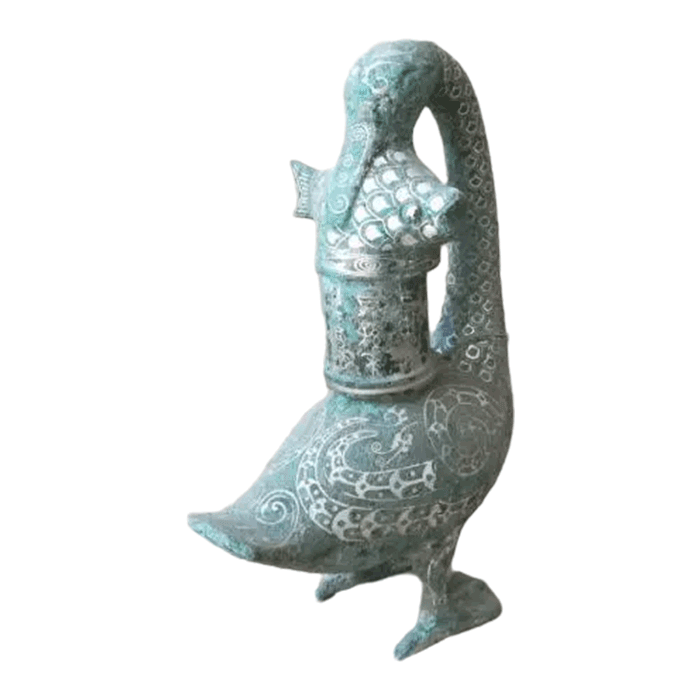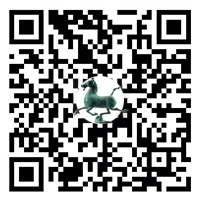Sculptures of the Yuan Dynasty: The Twenty-Eight Constellations of the Jade Emperor Temple
There are many Chinese zodiac signs
This group of sculptures is in the Jade Emperor Temple in Jincheng, Shanxi. It is said that this is the palace of the Jade Emperor. The Jade Emperor Temple was founded in the ninth year of Xining Emperor Shenzong of the Northern Song Dynasty (AD 1076). It faces south from the north and is divided into four courtyards. There are more than 260 painted sculptures from Song, Jin and Yuan Dynasties in the temple, the most exciting of which is the twenty-eight constellations from the Yuan Dynasty. This group of painted sculptures occupies an important position in the history of ancient Chinese sculpture. Not only is the sculpture realistically skillful, but it also embodies the perfect combination of realism and romanticism in terms of creative conception.
Compared with the twelve constellations in the West, there are 28 constellations in China. Twenty-eight constellations are twenty-eight star regions divided by ancient Chinese astronomers for observing the movement of the sun, moon and five stars, and are the achievements of our country's native astronomy. It will also be used in ancient Chinese astronomy, Taoism, literature and astrology, astrology, feng shui, choosing auspiciousness and other spells.
In the Jade Emperor Temple in Jincheng, Shanxi, there is a special hall where statues of the twenty-eight constellations are placed. In the hall, in the order of the south wall, west wall, and north wall, the twenty-eight mansions are arranged in turn: Zhenshui worm, winged fire snake, Xingri horse, ghost golden sheep, Shenshui ape, Bi Yuewu, Weitu pheasant, Kuimu Wolf, Shihuo Pig, Xuri Rat, Ox, Taurus, Jishui Leopard, Xinyue Fox, Ditu Raccoon, Horned Wood Jiao, Kang Jinlong, Fangri Rabbit, Tailed Fire Tiger, Doumu Xie, Female Earth Bat, Dangerous Moon Yan, Bishui, Lou Jingou, Angri Chicken, Cihuo Monkey, Jing Muyan, Liutu Deer, Zhang Yuelu.
The sculptor Liu Yuan praised by the emperor
The author of ancient Chinese sculptures is often unknown. Fortunately, this group of sculptures clearly records the author. The author of the sculpture, Liu Yuan (approximately 1240-1324), styled Bingyuan, was a painter and sculptor in the Yuan Dynasty. Ancient sculpture is a bright pearl in the treasure house of Chinese culture and art. Liu Yuan, an outstanding sculptor in Chinese history, made the sculpture art of the Yuan Dynasty reach its peak. A symbol of paintings, statues and even ancient buildings. Liu Yuan was a Taoist priest when he was young, and studied sculpture and painting under Qi Daolu in Qingzhou. Later, Liu Yuan participated in Anige's supervision of the Beijing Huguo Renwang Temple project. During this work, he also learned from Anigo about Indian Buddhism. The so-called model of the combination of Chinese and Western.
Qianlong was impressed by Liu Yuan's sculpture skills, and wrote "After Viewing" "Tianqing Palace Xiangyuan Liu Luan Sculpture Poem": The southern sculptures and the northern sculptures have been passed down from ancient times, and the great god sculptures still exist. The famous player Liu was surnamed Yuan Yuluan, and Dongjubo was called Yuanxian. Tianqing looks like a slab, and the peeling buildings look like a majestic. Take care of Ding Jia even if he dares to prolong it! For Xindong Yudan to get fresh, like the Buddha, the increase is as easy as before. On this day, the road will show respect and piety, and it will be the highest god Jiang Jiepian. The courtier's appearance is always floating in the sky. It is difficult for Cao Si to be deaf and mute to solve the problem, so it is difficult for Si Zuo to make a classic. Using gods as a metaphor for human beings to preserve reason is a ruthlessness."
Twenty-eight constellations
Jiaomujiao: It is a crocodile, which belongs to the 28 constellations of Taoism. Former name before Fengshen: Berlin. It is said that he helped Monkey King subdue the rhinoceros in Journey to the West.
Kang Jinlong: The original shape is a lizard, and because of its big horns to protect it, insects are not insects, and beasts are not beasts. The original name in "Fengshen Yanyi" is Li Daotong. It is the god of wind and the essence of the Canglong, so it is called Kangjinlong. It has the same shape and temperament as a dragon. It is long, has scales, can fly, and is good at walking. In Journey to the West, he once helped Monkey King escape from the golden cymbals.
Ditu raccoon dog: The raccoon dog, also known as the soil dog, has short ears and looks like a raccoon dog. The third mansion in the east is the essence of the Canglong's chest star, the vital point of the dragon's heart. The original name in "Fengshen Yanyi" is Gao Bing.
Fang Ritu: The fourth place in the east, its original name is Yao Gongbo in "Fengshen Yanyi".
Xinyue Fox: The fifth mansion in the east, the fifth star of the Canglong, the essence of the heart mansion belongs to fire, shaped like a firefox, likes to play games in the world, and often creates misunderstandings for couples in the world. Legend has it that Wu Zetian was the reincarnation of Xinyuehu.
Tail fire tiger: the sixth mansion in the east. Originally named Zhu Zhao in "Fengshen Yanyi", he was killed in the battle of ten thousand immortals, and after his death he was named the righteous god of the Ministry of Fire. The tail is the tail of the dragon, and the nine stars are located exactly where the poisonous tail of the scorpion is, so it is also called "Jiujiang". The dragon's tail is the most vulnerable part in fighting, so Ojuku is often fierce.
Kei Shui Leopard: The seventh mansion of the seven mansions in the east. In "Fengshen Yanyi", the original name is Yang Yuzhen, the deacon of the Ministry of Water, good wind, once it is particularly bright, it is a harbinger of wind, so it also represents a person who is good at playing tricks and talking.
Jingmu An: The first place in the south, An is a kind of wild dog in the north. Its combined star group is like a net, hence the name "well".
Ghost Jinyang: It is the second night in the south, and its original name is Zhao Baigao in "Fengshen Yanyi". Like a hat worn on the head of a Suzaku, when the bird is frightened, the feathers on its head form a crown, which means frightening.
Willow soil deer: the third night in the south. The original name in "Fengshen Yanyi" is Wu Kun. It lives in the mouth of Suzaku, which is shaped like a willow leaf, and the mouth is used for eating, so Liu Su Dorje.
Xingri Horse: The fourth mansion in the south. The original name is Lu Neng in "Fengshen Yanyi". In the eyes of Suzaku, the eyes of birds are mostly as bright as stars, so it is named "star" from this. The stars are so fierce.
Zhang Yuelu: The red bird in the south has seven nights and fifth nights. The original name in "Fengshen Yanyi" is Xue Bao. It lives at the junction of Suzaku's body and wings, and only when the wings are open means flying. There is often a saying in the folks that "opening is auspicious", so Zhang Su Duoji.
Winged fire snake: the sixth mansion of the seven mansions in the south. In "Feng Shen Yan Yi", its original name is Wang Jiao. It occupies the position of the wings of the Suzaku, so it is named "wing". The bird can only take off with wings.
Zhen water worm: the seventh mansion in the south. In "Feng Shen Yan Yi", its original name is Hu Daoyuan.
Kui Mulang: The first night in the west, named Li Xiong in "Fengshen Yanyi", in "Journey to the West", once descended to the Po Moon Cave in Baoxiang Country, and turned into a yellow-robed monster.
Lou Jingou: The second night in the west. Lou, the same as "repeat", has the meaning of gathering people, and also means of herding animals for sacrifices, so Lou Su Duoji.
Stomach pheasant: the third place in the west, just like the function of the human stomach, the stomach place is like the warehouse of the sky to accumulate food, so the stomach place is auspicious. The building of the stomach is prosperous, and the marriage is sacrificed to congratulate the meritorious service. If the burial still happens on this day, the pastoral crops will be plentiful.
Pleiades Rooster: The fourth mansion in the west, located in the center of the seven mansions of the white tiger, which means that everything has been harvested and it is time to close the door.
Bi Yuewu: The fifth mansion in the west. In "Fengshen Yanyi", its original name was Jin Shengyang, and he was named a god after being killed in the battle of ten thousand immortals. Appears in the sky at night in December, or at dusk in late January.
Cihuo monkey: the sixth mansion in the west, living in the mouth of the white tiger, a symbol of good luck, so it lives in Dorje. Qisu is on duty for the day of Jiliang, and bury the builder Rongchang. If this day is used for marriage, Qilin will descend within three years.
Shenshuiyuan: The seventh mansion in the west, located in front of the white tiger's chest, although it is at the end of the seven mansions, it is the most vital part, so Sansu Dorje.
Doumuxie, the first place in the north, was originally named Yang Xin in "Fengshen Yanyi". It got its name because of its combination of constellations like a bucket. The ancients also called it "Tianmiao", which is the star belonging to the Son of Heaven. The Star of the Son of Heaven is something ordinary people should not easily offend, so it is so fierce.
Bull Taurus, the second night in the north. It is named for its combination of constellations like ox horns, the most famous of which are Vega and Altair. Although the loyal love between Cowherd and Weaver Girl can move the hearts of generations, they still cannot escape the tragic ending in the end. Suo fierce.
Female soil bat: the third night in the north. The combination of stars is like a dustpan, and it also resembles the word "female". In ancient times, women often used dustpans to shake the grains, discard the dross and retain the essence, so women live in Dorje.
Virtual day mouse: the fourth mansion in the north. It is the representative constellation of autumn, also known as "Tianjie", because there are crying stars, weeping stars, Baijiu and other stars nearby, which is quite ominous. In ancient times, the autumn of the virtual host contained the meaning of chilling.
Weiyueyan: the fifth mansion in the north, located at the tail of Xuanwu, because it is often dangerous to break the latter in war, so it is named "dangerous".
Room fire pig: the sixth mansion in the north. It is named "shi" (like a house covered with turtles and snakes) because the combination of constellations looks like a house.
Bishuijiao: The seventh mansion in the north, living outside the room, shaped like the wall of the room, so it is named Bi. The wall is the barrier of the home, so Dorje lives on the wall. Bisu appears in the starry sky in winter, which means building a house to keep out the cold.
Sculpmart is a professional bronze art and bronze wares manufacturer providing Chinese Bronze Handcraft arts which will allow you to have a chance to own a masterpiece of Chinese bronze sculptures. If you like, you may choose the style to customize, send us the image and design, our craftsman will reproduce and cast a perfect bronze ware for you.


